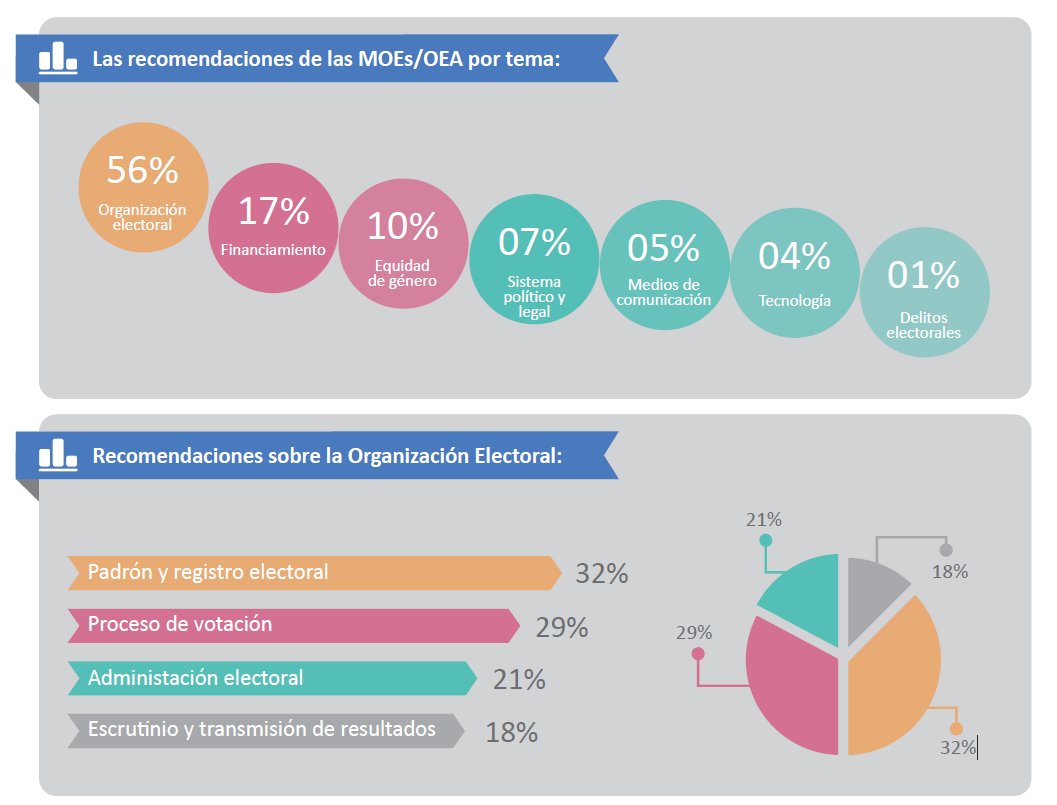- English
- Español
Media Center
Feature
OAS Electoral Observation Missions: Strengthening Democracy in the Americas
October 14, 2015The OAS has carried out more than 200 electoral observation missions in which more than 5,000 international observers participated, thus promoting more inclusive, equitable and more transparent election.
Secretary General Luis Almagro: Missions are “a highly credible public good.”
OAS/EOMs’ technical expertise is recognized, including outside the Hemisphere. Eastern European countries and Africa have requested the assistance of the OAS in these matters.
The Organization of American States (OAS) will deploy by October 25, three electoral observation missions in three different countries: Haiti, Guatemala, and Colombia. It will be the first time that three EOMs take place in three countries during the same day since the first Mission in 1962. When adding these three missions to the other eight so far in 2015, and the additional three to be deployed before the end of the year, a clear trend takes hold: there is a growing demand for OAS Electoral Observation Missions’ technical expertise.
A Hemispheric Outreach
The last annual report prepared by the Department of Electoral Cooperation and Observation (DECO) of the Organization, “2014 Year in Review,” shows that during the last year, the OAS deployed a total of fifteen electoral missions in eleven countries of the region, which results affected more than 307 million citizens of the Americas.
The 509 members of the twelve teams, from 36 different countries, reported on the development of presidential, legislative, regional, and municipal elections in El Salvador, Costa Rica, Colombia, Panama, Antigua and Barbuda, Peru, Bolivia, and Dominica. In addition, electoral accompaniment missions were carried out during Uruguay’s presidential elections and Brazil’s general elections, and a delegation was present for Ecuador’s local elections. All of this was made possible thanks to the contributions of 36 donor countries.
“In fact, OAS electoral observation missions are a public good for the Western Hemisphere.”
OAS Secretary General Luis Almagro
Secretary General Luis Almagro asserted that “behind the electoral observers, wearing vests emblazoned with the logo of the Organization of American States (OAS), who work to ensure the free exercise of the sacred right to the vote lies more than half a century of experience, lessons learned, and an internationally recognized level of excellence.”
According to the head of the hemispheric Organization, “the work of the missions is complex and delicate, guided by democratic principles but also seeking to facilitate consensus and dialogue in complex situations. They are, in the end, a public good with just one owner, the countries of the Hemisphere.”
Topics Observed
The 2014 missions extended their work to include topics such as the participation of indigenous and afro-descendant groups; electoral security and crimes; dispute resolution mechanisms; and voting for citizens residing abroad. These key issues were added to matters already considered in previous years such as electoral campaign financing; electoral justice; media; and gender equality.
As is required, each Mission presented a verbal report to the OAS Permanent Council, which included a detailed account of its activities and the facts observed, as well as the formulation of some recommendations to local authorities. All reports are public and are available here.
Recommendations and Results
56% of recommendations had to do with electoral organization; 17% with financing; 10% with gender equality; 7% with the political and legal system; 5% with the media; 4% with technology; and 1% with electoral justice. Within the topic of electoral organization, the majority of recommendations (32%) were on electoral registry and voting lists, followed by voting process (29%), electoral administration (21%), and vote counting and transmission of results (18%).
The observations and recommendations did not fall on the wayside. The Organization’s monitoring and support provided to countries in order to improve their electoral systems, coupled with the support of other programs, resulted in achievements such as the implementation of a Quality Management Program in the National Electoral Council (CNE) of Ecuador; the development of a new electoral ISO technical norm, and the creation of an International Accreditation Body (IEAB) within the OAS; the cleansing and building of the electoral roll of the Supreme Electoral Tribunal (TSE) and the National Registry of Persons (RENAP) in Guatemala; the cleansing and building of the biometric electoral roll of the Purinational Electoral Body (OEP) in Bolivia; the implementation of the first pilot of electronic voting from abroad in Costa Rica; and the strengthening of the Transmission Process of Preliminary Electoral Results (TREP) of the Electoral Court of Uruguay.
Reference: E-310/15



